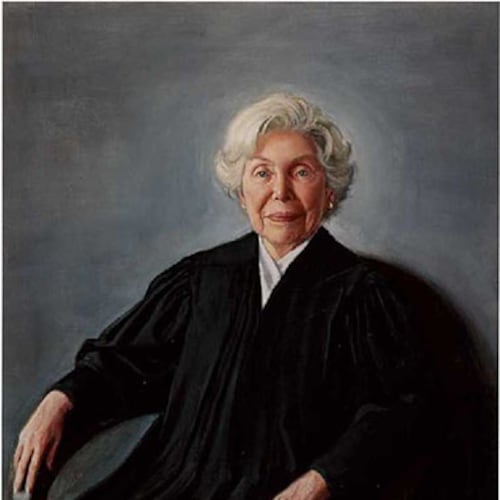In his last-ditch appeal, condemned inmate Anthony Boyd asked the state of Alabama to carry out his execution by either hanging him or putting him in front of a firing squad.
But the federal appeals court in Atlanta on Tuesday rejected Boyd's request and
Credit: Bill Rankin
Credit: Bill Rankin
cleared the way for his execution by lethal injection.
Boyd had challenged Alabama's new lethal injection protocol, alleging it violates his Eighth Amendment right to be free from cruel and unusual punishment.
Instead, he noted, legislatures in Utah and Oklahoma have approved the firing squad, which has a good track record of "speed and certainty for the condemned." In the alternative, hanging is an option that has been approved by lawmakers in Delaware, New Hampshire and Washington. And Alabama is "fully capable" of approving those execution methods as well, the appeal said.
The 11th U.S. Circuit Court of Appeals, in a ruling written by Judge Stanley Marcus, said Alabama gives condemned prisoners the choice between two methods of execution: lethal injection and electrocution.
Also, Marcus wrote, the law is clear. Inmates challenging a method of execution must prove there is an alternative method of execution "that is feasible, readily implemented and in fact significantly reduces the risk of pain posed by the state's planned method of execution," he said.
Credit: Bill Rankin
Credit: Bill Rankin
"The Alabama legislature is free to choose any method of execution that it deems appropriate, subject only to the constraints of the United States Constitution," Marcus wrote.
"But Boyd has not alleged that either lethal injection in all forms or death by electrocution poses and unconstitutional risk of pain," he noted. "Having authorized two unchallenged methods of execution, Alabama is under no constitutional obligation to experiment with execution by hanging or firing squad."
Marcus added, "Notably, Boyd did not propose an alternative drug cocktail that the state could use in his execution."
Boyd was sentenced to death in 1995 for the kidnapping and murder of Gregory Huguley. On July 31, 1993, Boyd and three accomplices forced Huguley into a van at gunpoint. They drove him to a park where, despite his repeated pleas for mercy and promises to repay them, they doused him with gasoline and set him on fire.
About the Author
The Latest
Featured




